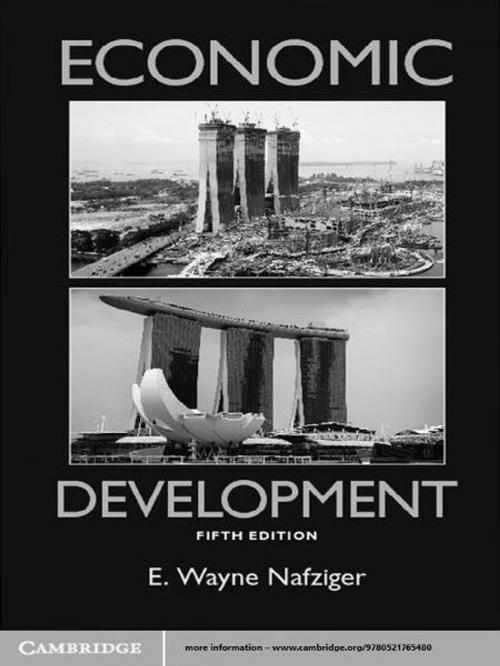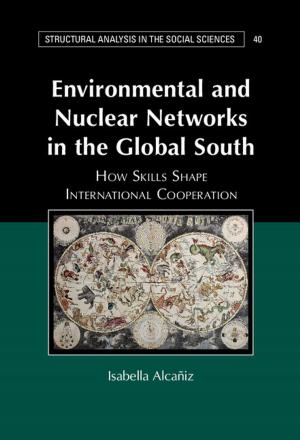Economic Development
Business & Finance, Economics, Economic Development, Nonfiction, Social & Cultural Studies, Political Science, Politics, Economic Policy| Author: | E. Wayne Nafziger | ISBN: | 9781139333993 |
| Publisher: | Cambridge University Press | Publication: | March 26, 2012 |
| Imprint: | Cambridge University Press | Language: | English |
| Author: | E. Wayne Nafziger |
| ISBN: | 9781139333993 |
| Publisher: | Cambridge University Press |
| Publication: | March 26, 2012 |
| Imprint: | Cambridge University Press |
| Language: | English |
Nafziger explains the reasons for the recent fast growth of India, Poland, Brazil, China, and other Pacific Rim countries, and the slow, yet essential, growth for a turnaround of sub-Saharan Africa. The book is suitable for those with a background in economics principles. The fifth edition of the text, written by a scholar of developing countries, is replete with real-world examples and up-to-date information. Nafziger discusses poverty, income inequality, hunger, unemployment, the environment and carbon-dioxide emissions, and the widening gap between rich (including middle-income) and poor countries. Other new components include the rise and fall of models based on Russia, Japan, China/Taiwan/Korea and North America; randomized experiments to assess aid; an exploration of whether information technology and mobile phones can provide poor countries with a shortcut to prosperity; and a discussion of how worldwide financial crises, debt, and trade and capital markets affect developing countries.
Nafziger explains the reasons for the recent fast growth of India, Poland, Brazil, China, and other Pacific Rim countries, and the slow, yet essential, growth for a turnaround of sub-Saharan Africa. The book is suitable for those with a background in economics principles. The fifth edition of the text, written by a scholar of developing countries, is replete with real-world examples and up-to-date information. Nafziger discusses poverty, income inequality, hunger, unemployment, the environment and carbon-dioxide emissions, and the widening gap between rich (including middle-income) and poor countries. Other new components include the rise and fall of models based on Russia, Japan, China/Taiwan/Korea and North America; randomized experiments to assess aid; an exploration of whether information technology and mobile phones can provide poor countries with a shortcut to prosperity; and a discussion of how worldwide financial crises, debt, and trade and capital markets affect developing countries.















